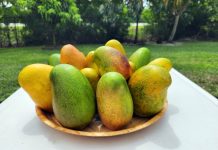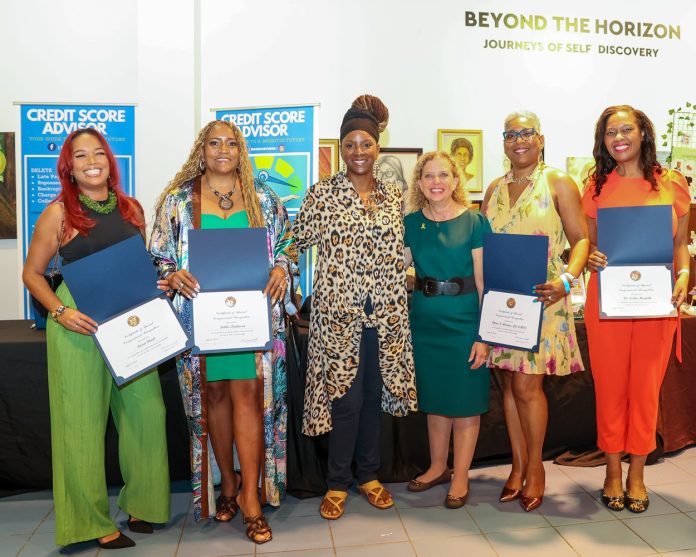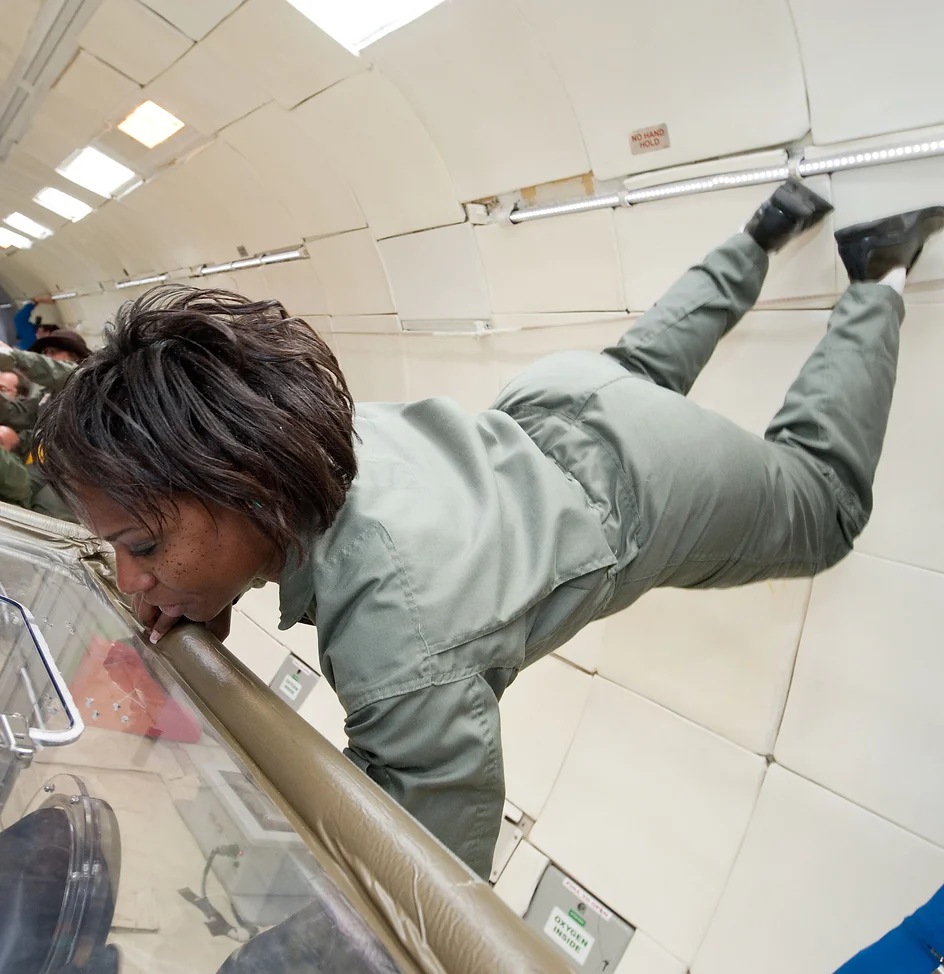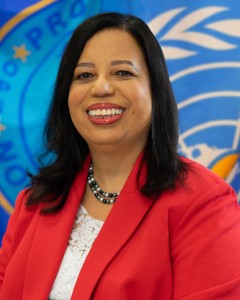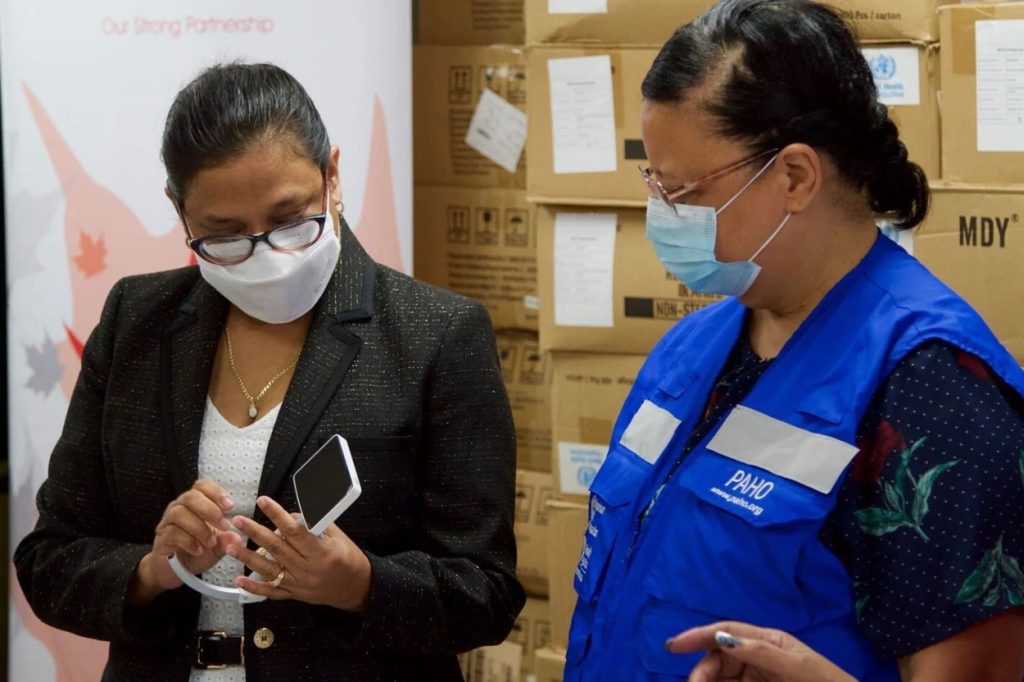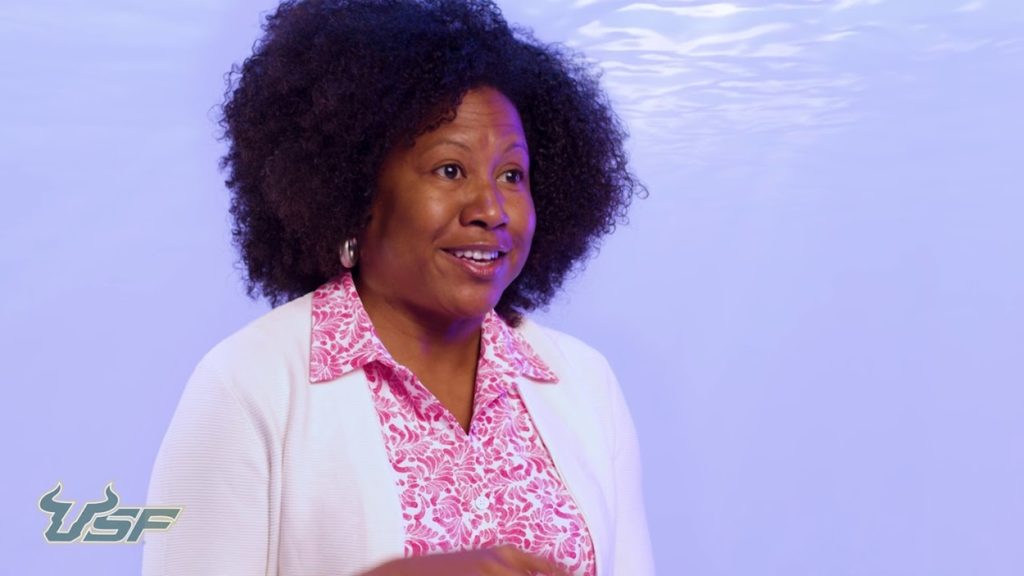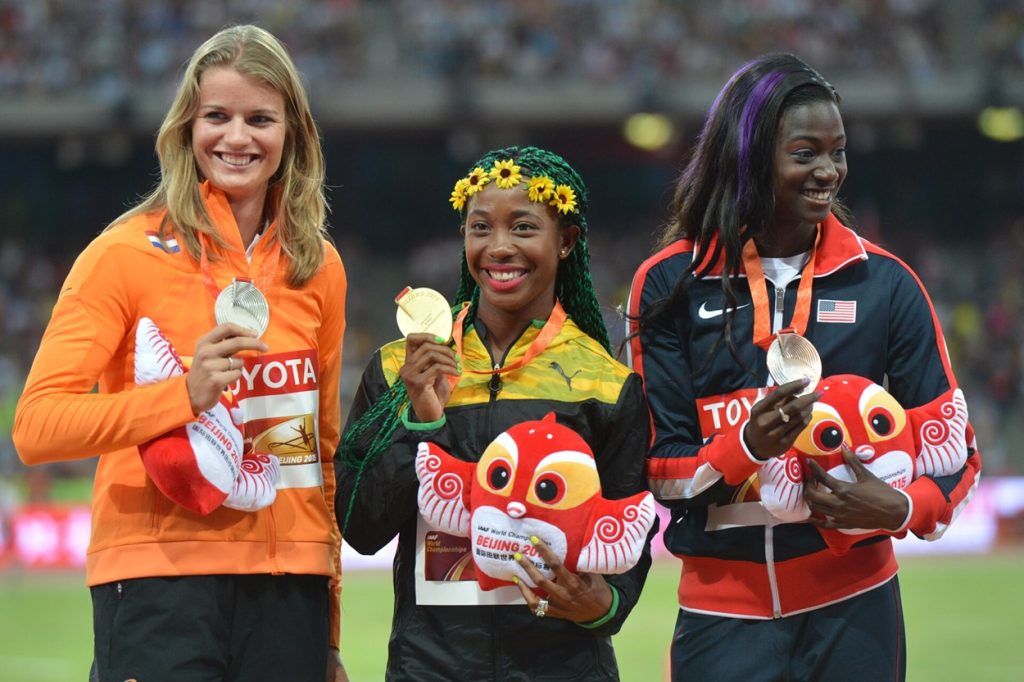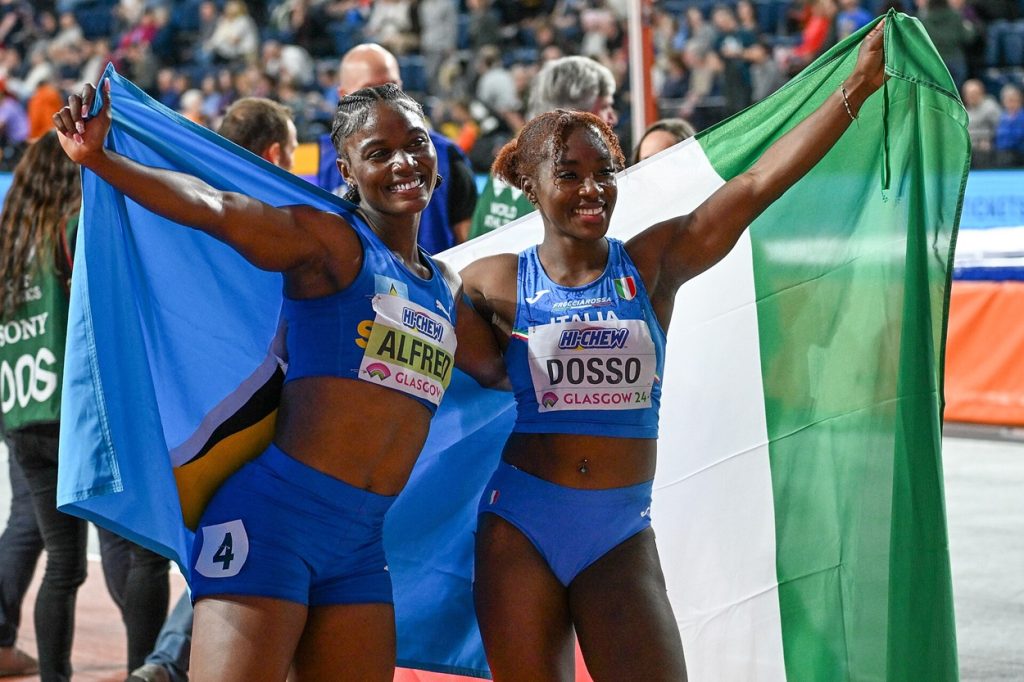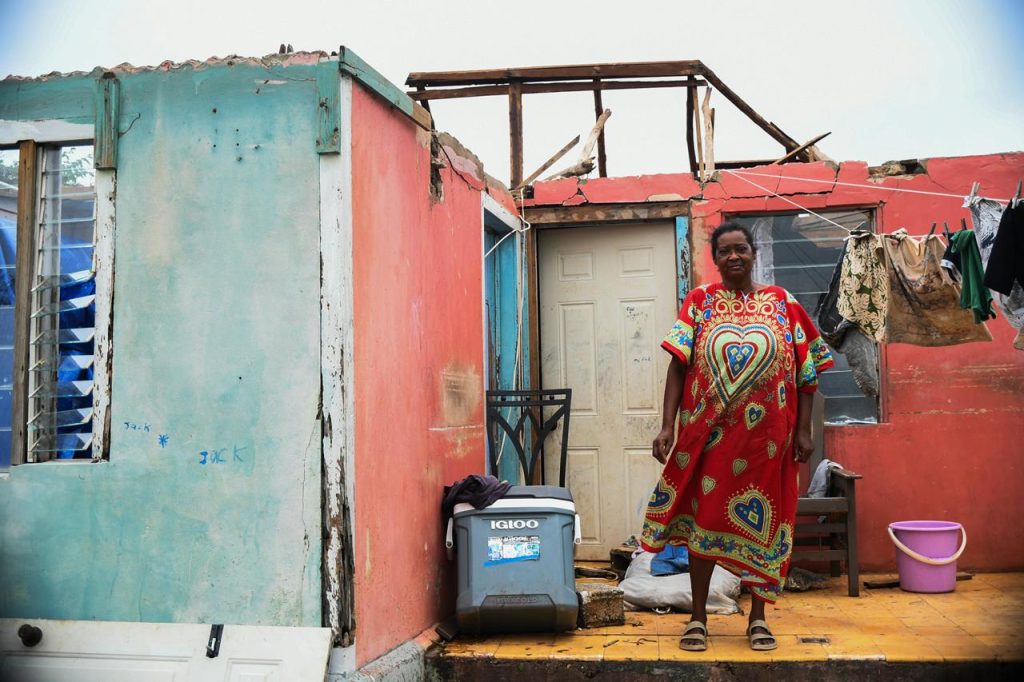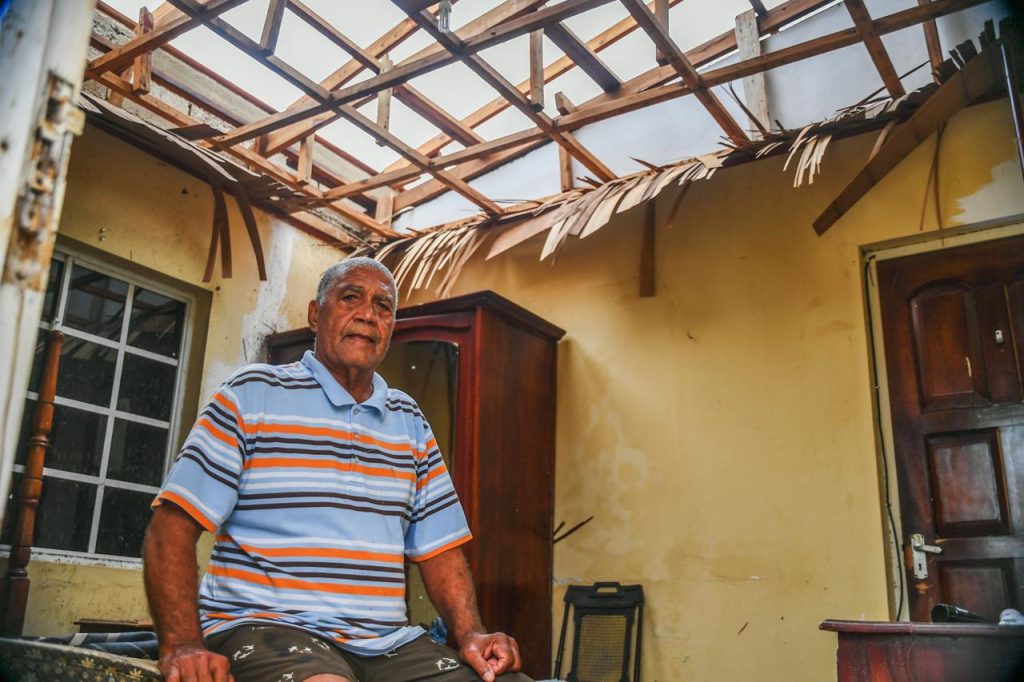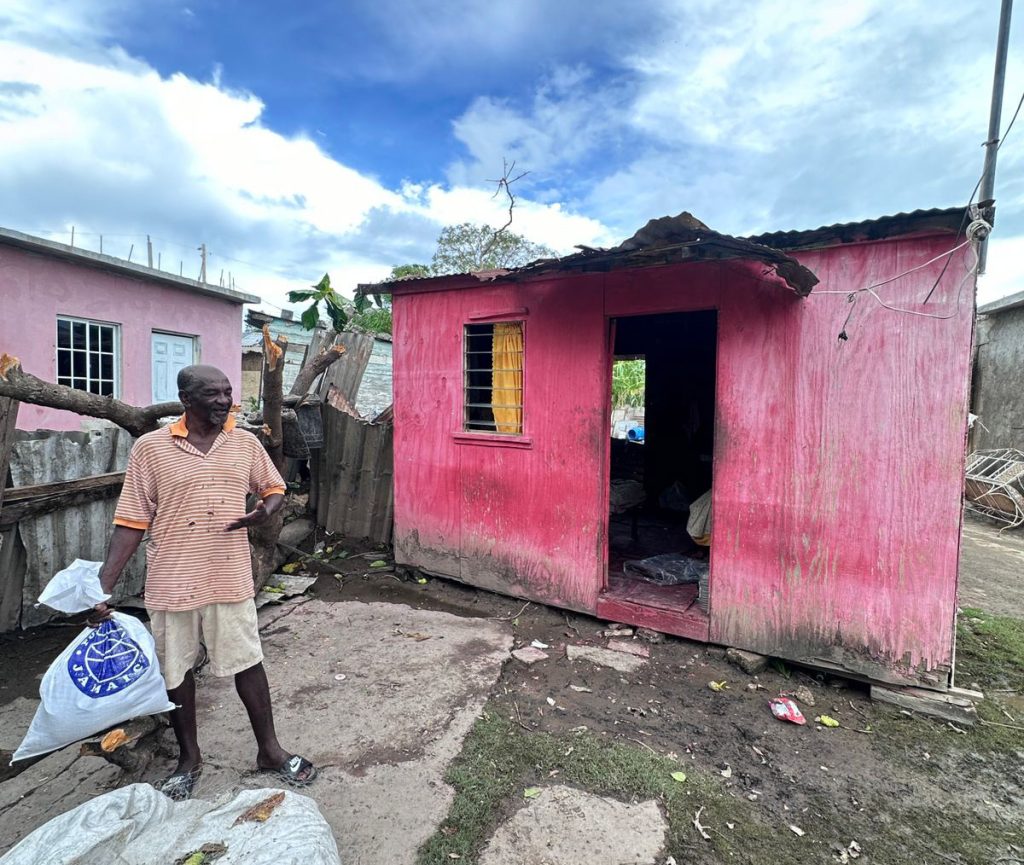Island SPACE Caribbean Museum Honors Exceptionally Regal Sisters at HERS 2024.
Plantation, FL: On a balmy July afternoon in South Florida, more than 200 women walked into Island SPACE Caribbean Museum, welcomed by the sweet sounds of steel pan music. From noon to 5:00pm at the second annual HERS event, “Honoring Exceptionally Regal Sisters,” attendees enjoyed light Caribbean bites, welcome drinks, ethnic fashions from the casual to the exotic, and a stellar comedy set. A series of workshops tackled topics including vaginal health and other self-care methods and practices, as well as business related topics like personal branding. Brilliant panelists as well as 14 artisan vendors offering accessories, plants, makeup and hair care products, unique clothing and more, engaged a sisterhood of women spanning Caribbean cultures.
Though this was the event’s second staging, it was the first time that regal sisters were singled out and recognized for HERS awards. Nominees included Attorney Debbie Dickinson, Dr. Teshamae Monteith, mental health counselor Shari N. Warner, and entertainment consultant and non-profit founder Kerra Denel, who became the ultimate winner.
That Sunday, July 21, Americans collectively caught their breath as the announcement that Joe Biden would step down as the Democratic presidential nominee ricocheted through social and traditional media. US Congresswoman Debbie Wasserman Schultz had just arrived to make a scheduled appearance at the HERS event, presenting congressional recognition certificates to the four nominees being celebrated.
Of course, she took the opportunity to acknowledge the historic moment all these women were standing in: Just before Wasserman Schultz took to the stage, it was announced that President Biden was throwing his support behind his vice president, Kamala Harris, a Black and Asian woman of Jamaican parentage who was the first woman vice president and who would be only the second woman to clinch a major party’s presidential nomination, if her bid was successful.
Many of the attendees were from the island of Jamaica, where Harris spent childhood summers with her paternal grandmother. Wasserman Schultz said to the roomful of women, “The sisterhood in this room came together intentionally to honor women that have been toiling in the wilderness and who have been able to be successful in their small businesses or their nonprofit organizations or in the education world or in the cultural world. We have come so far as women in the United States of America. We just passed the 100th anniversary of our having the right to vote. And this is our moment, ladies. We need to channel that energy into action.”
The moment was powerful, though it did not eclipse the celebration being held around it.
Event coordinator Camille Edwards, a former Island SPACE board member, proudly confirmed that the event could not have come together without the collaboration of her exceptional team of volunteers, and sister organization the Jamaican Women of Florida.
Learn more about HERS and other Island SPACE events at https://islandspacefl.org.
Island SPACE Caribbean Museum is supported in part by the Institute of Museum and Library Services, the State of Florida Department of State, Division of Arts and Culture, the Florida Council on Arts and Culture, the Broward County Cultural Division, “King” George Jograj, Dr. Lydia Malcom of Authentic Behavioral Health LLC, and her husband, Mr. Waynewright Malcolm, and the following funds at the Community Foundation of Broward: Judith Cornfeld Fund for the Arts, Helen and Frank Stoykov Charitable Endowment Fund, The Frederick A. DeLuca Foundation Broward Community Fund and Samuel F. Morrison Community Impact Fund.
About Island SPACE
Island Society for the Promotion of Artistic and Cultural Education (Island SPACE) is a 501(c)(3) nonprofit organization dedicated to the advancement of arts, culture, history, and educational initiatives that represent the Caribbean region, in South Florida and the broader diaspora. The public is invited to visit the Caribbean museum Thursdays through Saturdays from 11:00 a.m. through 7:00 p.m. and Sundays from 11:00 a.m. to 6:00 p.m. General museum entry is $10 per adult and $5 per child. Contact [email protected] or call 954-999-0989, or visit islandspacefl.org to learn more.















